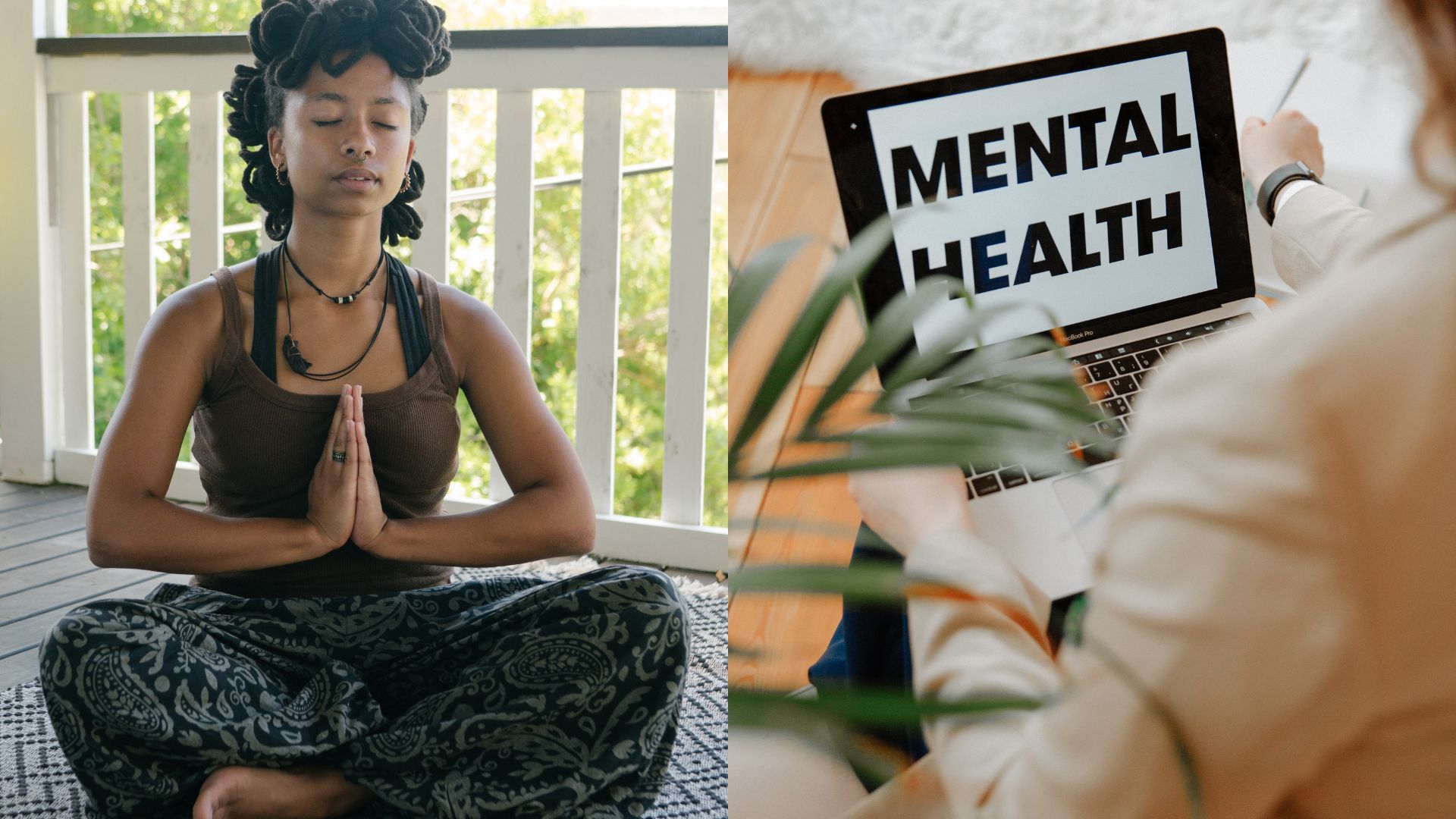OVERVIEW
Meditation is a straightforward yet potent practice that enhances both mental and physical health. With advantages that include decreased anxiety and improved focus and emotional strength, meditation has been acknowledged as a significant resource for individual wellness. Supported by scientific study, meditation’s beneficial impacts on the brain, stress levels, and overall quality of life render it accessible and advantageous for nearly everyone. This article delves into the scientifically supported advantages of meditation, presents various types of meditation techniques, and provides beginner-friendly advice on establishing a regular meditation routine.
Scientifically Supported Benefits of Meditation
- Lowers Stress and Anxiety
Meditation induces a soothing impact on the nervous system, lowering the body’s reaction to stress. Research indicates that consistent meditation reduces cortisol levels, which is the body’s main stress hormone. By aiding in quieting the mind, meditation enables people to address stress more calmly, which can also result in reduced anxiety levels over time.
2. Enhances Focus and Concentration
Meditation, particularly forms like mindfulness meditation, trains the mind to remain in the current moment, thereby improving focus. Studies have demonstrated that meditation can boost gray matter in brain regions responsible for attention, learning, and memory. Just a few minutes of daily meditation can help sharpen concentration, enhance task accuracy, and increase productivity.
3. Boosts Emotional Resilience
Meditation increases emotional resilience by assisting individuals in achieving a more balanced response to life’s challenges. Regular meditation can enhance emotional regulation and foster positive thinking, making it easier to cope with difficult feelings. Techniques such as loving-kindness meditation, which emphasizes developing compassion and kindness, can promote positive relationships and improve emotional resilience over time.
4. Promotes Physical Health
Meditation is also beneficial for physical well-being. By alleviating stress, it can aid in lowering blood pressure, enhancing sleep quality, and supporting immune function. Furthermore, meditation is associated with reduced inflammation rates in the body, potentially lowering the risk of chronic illnesses. As part of a consistent routine, meditation serves as an easy way to improve both mental and physical health.
Varieties of Meditation Practices
- Mindfulness Meditation
Mindfulness meditation is among the most well-known forms. It involves watching thoughts, emotions, and physical sensations without criticism. Engaging in mindfulness enhances awareness of your thoughts and reactions, creating a buffer between you and stressful or negative thoughts.
How to Practice: Sit comfortably and concentrate on your breathing, gently redirecting your focus back whenever your mind drifts. Start with just five minutes, gradually extending the duration as you feel more at ease with the practice.
2. Loving-Kindness Meditation
Loving-kindness meditation (also referred to as “Metta” meditation) focuses on cultivating feelings of love and compassion, beginning with oneself and then expanding that kindness to others. This practice can enhance positive emotions and support emotional health.
How to Practice: Begin by silently reciting phrases such as, “May I be happy, may I be healthy, may I be safe.” Gradually extend these wishes to others, including friends, friends, and even individuals you have disagreements with. This approach fosters compassion and reduces feelings of anger and bitterness.
3. Guided Visualization
Guided visualization employs mental imagery to evoke positive emotions, such as tranquility or joy. In this practice, a guide or recording takes you through a sequence of mental images, such as a tranquil beach or peaceful forest, which can be especially effective for relaxation and stress relief.
How to Practice: Settle into a comfortable position, close your eyes, and listen to a guided visualization recording. This can be particularly beneficial before sleep or in stressful moments, as it promotes a relaxing mental state.

Creating a Meditation Routine
Developing a meditation routine doesn’t necessitate extensive time investments. Many individuals discover that dedicating just 5-10 minutes per day allows them to see significant advantages. Here are some suggestions to incorporate meditation into your daily life:
- Initiate with Short Sessions and Maintain Consistency
Start with a few minutes daily, and slowly lengthen your meditation periods as you gain confidence. Consistency is crucial; practicing at the same time daily can help make it an integral part of your everyday activities.
2. Establish a Relaxing Atmosphere
Locate a peaceful, comfortable area where you can meditate without disturbances. Cultivate an ambiance that feels serene, perhaps using soft lighting or calming sounds, to improve your meditation experience.
3. Leverage Meditation Applications or Guided Sessions
Meditation platforms such as Headspace, Calm, and Insight Timer provide guided sessions and resources for newcomers. These can offer guidance and encouragement, aiding in your commitment to the practice.
4. Practice Patience and Self-Compassion
Meditation is a technique that takes time to master. It’s perfectly normal for thoughts to drift, so approach the practice with gentleness. The advantages accumulate gradually, and simply committing to the practice will result in benefits over time.
Summary
Meditation serves as a powerful resource for enhancing both mental and physical well-being. Its capacity to alleviate stress, boost concentration, and cultivate emotional strength makes it a fantastic practice for overall health. With various styles to cater to different interests—including mindfulness meditation, loving-kindness meditation, and guided visualization—there is something to suit everyone. By commencing with small sessions and fostering a steady routine, anyone can tap into the profound advantages of meditation, leading to a more balanced and healthier life.


























